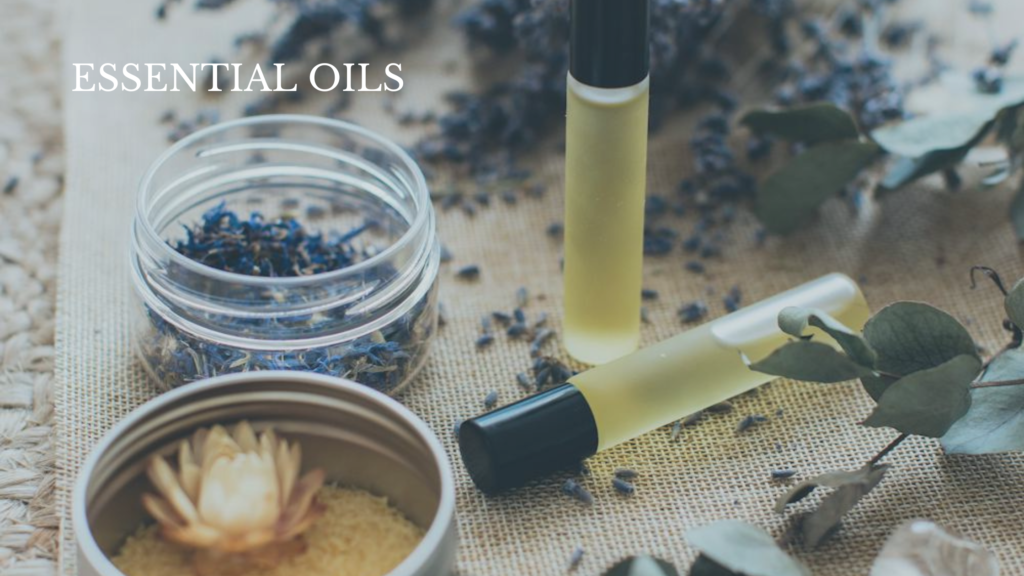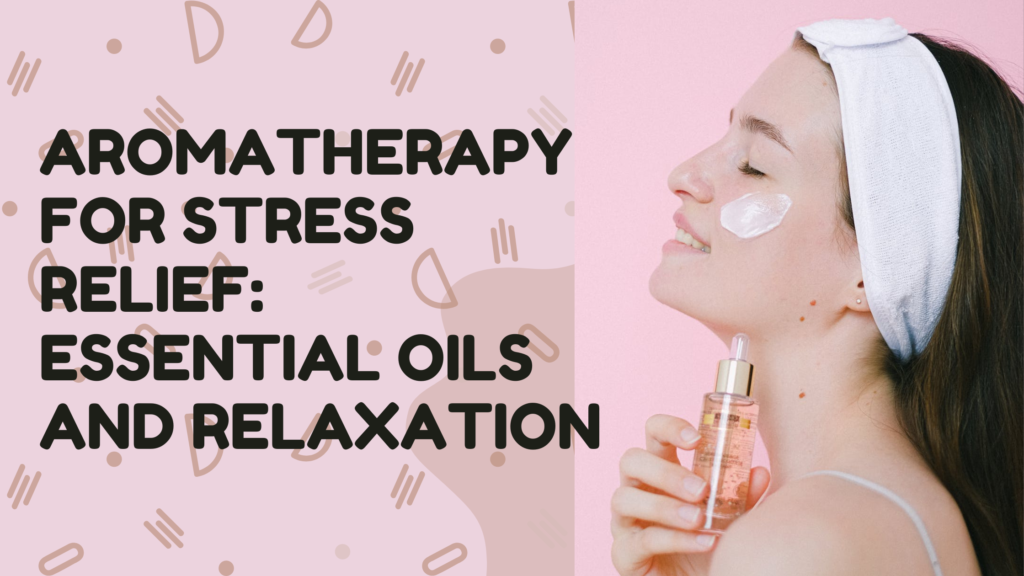Aromatherapy can be a natural remedy for stress relief, offering a holistic approach to promoting health and well-being. Inhaling the scent of essential oils extracted from plants is the practice. This allows you to experience the various aromatherapy benefits. Essential oil blends harness the power of these plant extracts to create calming and therapeutic effects. The olfactory system directly affects the part of your brain that regulates emotion. Scents evoke memories and emotions, positive or negative.
By tapping into these responses, aromatherapy can help reduce stress and anxiety, fostering a general state of calm. Embracing aromatherapy benefits enhances mental and emotional well-being. It provides a simple yet effective method to promote relaxation and reduce stress levels naturally.
Which Essential Oils Are Best?

Aromatherapy is a practice that involves inhaling the scent of essential oils extracted from plants to promote health and well-being. Essential oil blends naturally harness the power of these plant extracts to create calming and therapeutic effects. There are dozens of essential oils, each with different fragrances and chemical compositions, tailored to various needs and preferences. Choosing the best essential oils depends on the symptoms you’re looking to ease or the fragrances you prefer. Here are some of the most popular essential oils and their benefits:
Lavender Essential Oil
Lavender oil is one of the most renowned essential oils in aromatherapy, celebrated for its calming effects on the body and mind and its ability to reduce anxiety. These include bath salts and massage oils. These products offer a simple way to integrate the soothing effects of lavender into daily routines. Whether through a relaxing bath or a calming massage. Lavender’s soothing scent offers significant benefits. Enjoying lavender-infused herbal tea, available at various natural-foods stores. This method combines the benefits of aromatherapy with the comforting ritual of drinking tea, providing a multi-sensory experience that promotes relaxation and well-being.
Tea tree oil
Tea tree oil, also referred to as melaleuca, holds a rich history among Australia’s Aboriginal people. It’s renowned for its healing properties in wound care. Today, it is highly valued for its antiseptic and anti-inflammatory qualities. Making it a common remedy for acne, athlete’s foot, and insect bites. Its potent nature means it should be used with care. Often diluted with a carrier oil before application to the skin.
Peppermint oil
Renowned for its invigorating scent and cooling sensation, peppermint oil offers a range of therapeutic benefits. There’s evidence to suggest that peppermint oil can help relieve symptoms of irritable bowel syndrome (IBS). Consume in enteric-coated capsules from a trusted health supplement provider. Topically applied, it relieves tension headaches with its analgesic properties.
Lemon oil
Lemon oil’s fresh, citrusy aroma is widely known for boosting mood. Its uplifting aroma can help enhance mental clarity and energy levels. Beyond its use in aromatherapy, lemon oil is a popular ingredient in homemade cleaning products. Its versatility makes it a valuable addition to any essential oil collection. Essential oils offer a natural and holistic approach to addressing various health concerns and enhancing well-being. By exploring different essential oil blends naturally, you can find the perfect combination to suit your individual needs. Whether for skincare, relaxation or mood enhancement.
Sandalwood oil
Sandalwood oil’s rich, woody aroma promotes a meditative state. It fosters calm and inner peace. This essential oil is ideal for unwinding after a stressful day, offering a soothing and grounding experience. It enhances relaxation and mindfulness practices. Its subtle yet profound scent creates a serene atmosphere, making it a favorite choice for meditation sessions or simply creating a tranquil environment at home.
Final thought
There’s no shortage of aromatherapy products available for anyone who wants to try this ancient-yet-modernized form of holistic treatment for stress. Begin with the market, yet exploring other options can prove beneficial. It’s important to understand how to do aromatherapy and its limitations. Aromatherapy benefits are complementary to conventional medicine. It shouldn’t be used as a substitute for other medications.


